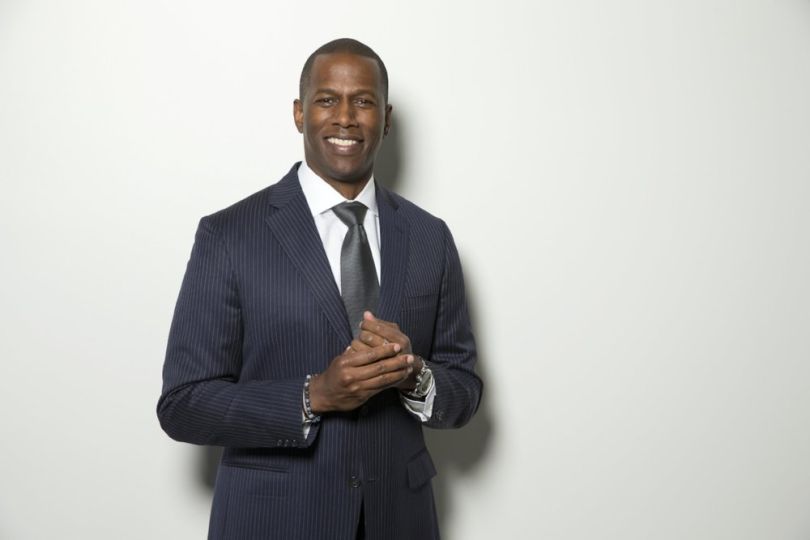
Denver Retail Group CEO Robb Brown felt his anxiety rise as he watched George Floyd gasp “I can’t breathe.”
After watching a police officer fatally dig his knee into Floyd’s neck for nine minutes, Brown shut off the video and pledged to turn his unease into action. Just two weeks before Election Day, Brown has unveiled Guard My Vote, a free mobile app that allows citizens to catalog their experience casting their ballot, and the first software system ever developed to help individuals fight voter suppression.
“The historic view of voter suppression is that it happens predominantly to Black folks who live in the south, and that’s not true,” Brown told Built In. “Voter suppression is indiscriminate. Oftentimes, it affects people in cities throughout the country that you would not expect.”
Brown first learned about voter suppression from his parents, who taught him about the history of Black men in the United States. White men’s efforts to block the polls started as a way to keep newly emancipated slaves from participating in the legislative process, he said, and originally occurred in the form of poll taxes.
Today, barriers to voting can range from the installation of unapproved ballot boxes in California; a lack of voting places in some communities driving long lines in Georgia; strict voter ID laws in Wisconsin; and more. Guard My Vote allows users to capture and record their voting experience with their cell phone camera, and then text, email or tweet their findings to local election officials, the Secretary of State, the public and more.
In addition to providing feedback to elected officials, the app offers clear advice on how individuals can cast a ballot. As the COVID-19 pandemic drives record submissions of mail-in ballots, and concerns over corruption in the legislative system rise — the Knight Foundation found that 27 million Americans view the voting system as “corrupt” — Brown said he hopes Guard My Vote helps drive citizen trust in the U.S. system.
“We don’t care who you vote for,” Brown said. “We want to support your effort and your right to vote, and make sure that you have clear, clean, unbiased resources that assist you in that process.”
The free app represents the first venture out of Brown’s new company, which he described as a “social impact software provider” and has yet to name. With the new business, he plans to create software that allows users to document their attempts to exercise their civil rights, and then compile citizen data to influence public policy around police engagement, parks management, sexual harassment and more. The three-person company aims to triple in size by the end of the year, and is hiring data scientists, marketers, product managers and more.
“The inspiration came from something that was pretty horrific,” Brown said. “But I think in the long run, there will be a lot more positive that comes out of this for more than just one community of Americans.”
To help create and distribute Guard My Vote, Brown partnered with national civil rights organizations like the Lawyers’ Committee for Civil Rights Under Law, and local development companies, like AppIt Ventures, a developer based in Denver.
After the election, AppIt CEO Amanda Moriuchi said the app will compile citizen data, and use the submissions to compare how different states’ policies affected local voter turnout, looking at how Colorado’s policy of automatically sending all eligible voters a mail-in ballot drives turn out compared to, say, Chicago’s requirement that individuals sign up to receive a mail-in ballot. By gathering data on both processes, and comparing the results, she hopes Guard My Vote’s findings quantify the best practices for driving access to the polls.
“One thing I’m looking forward to that Guard My Vote brings to the table is just a little bit more information that those in the right positions can use to make decisions for the betterment of their citizens,” Moriuchi told Built In.




